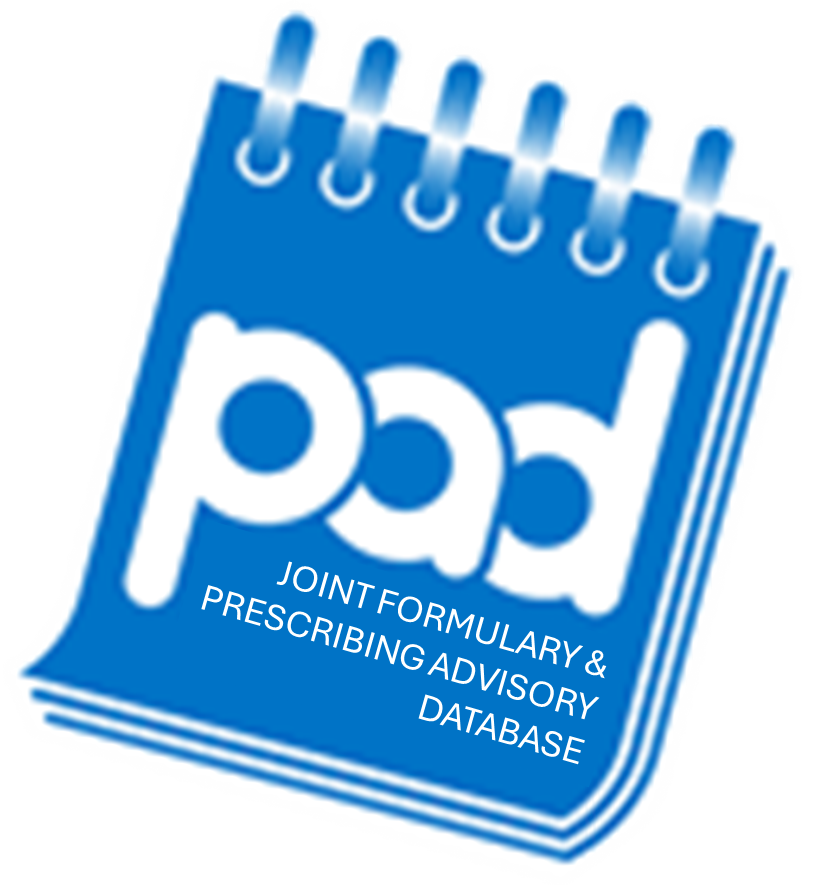
Colecalciferol - Vitamin D deficiency and insufficiency
You are here : Home > Formulary Search > Colecalciferol - Vitamin D deficiency and insufficiency
Status 1
- Not Specified
1,000Unit tablets
Status 2
- Capsules
50,000unit capsules
Status 3
- Oral solution
25,000units/1ml sugar free
For treatment of vitamin D deficiency in children
Status 4
- Tablets
4,000unit tablets reserved for patients unable to comply with weekly dosing
Status 5
- Oral solution
50,000unit/ml oral solution in ampoules - reserved for patients unable to swallow tablets / capsules
Status 6
- Oral drops
10,000iu/ml oral drops sugar free - reserved for patients unable to swallow tablets / capsules and for children
Status 7
- Tablets
25,000iu tablets
Status 8
- Capsules
25,000unit capsules
Status 9
- Oral solution
2,000unit/'ml For use in neonates only
Status 10
- Injection
For use in patients with intestinal failure - this is an unlicensed product
Documentation
PAD Profile
Committee Recommendations (1)
Colecalciferol is recommended for the treatment of vitamin D deficiency and insufficiency in line with the local guidelines below.
Only the following colecalciferol presentations have been agreed for use and have a Green traffic light status when prescribed in accordance with the local guidelines below:
- Colecalciferol 1,000iu tablets
- Colecalciferol 50,000iu capsules
- Colecalciferol 4,000iu tablets (reserved for patients who are unable to comply with weekly dosing)
- Colecalciferol 50,000 units/ml oral solution unit dose ampoules (reserved for patients who are unable to swallow tablets / capsules)
- Colecalciferol 10,000 units/ml oral drops sugar free (reserved for patients who are unable to swallow tablets / capsules)
- Colecalciferol 25,000iu tablets are agreed for use in an Acute setting = RED traffic light status
All other colecalciferol preparations (including unlicensed) should not be initiated in new patients.
Other Indications
Below are listed other indications that Colecalciferol is used to treat.
Other Drugs
Below are listed other drugs that are used to treat Vitamin D deficiency and insufficiency.
